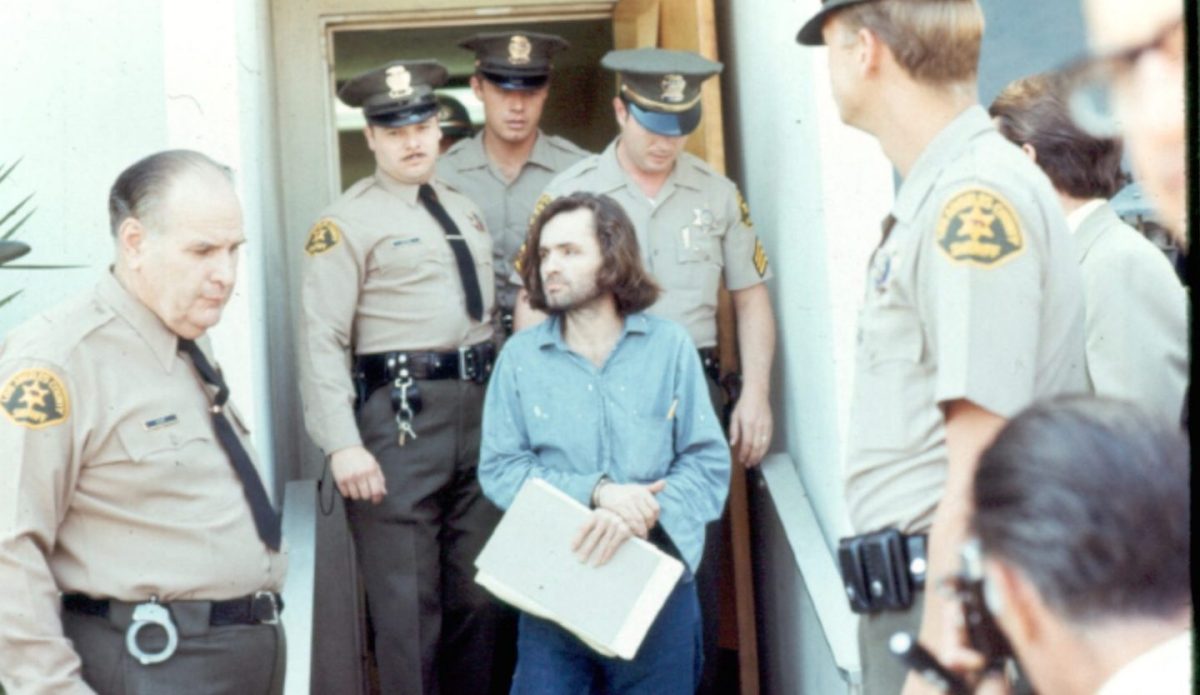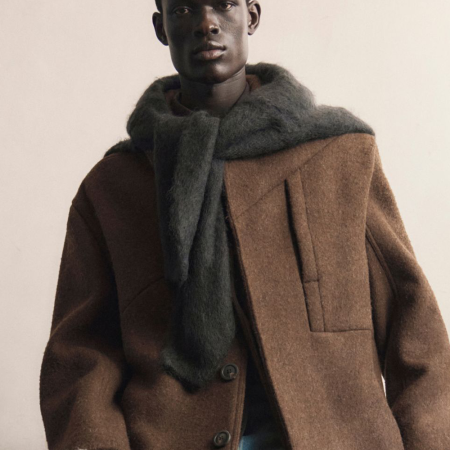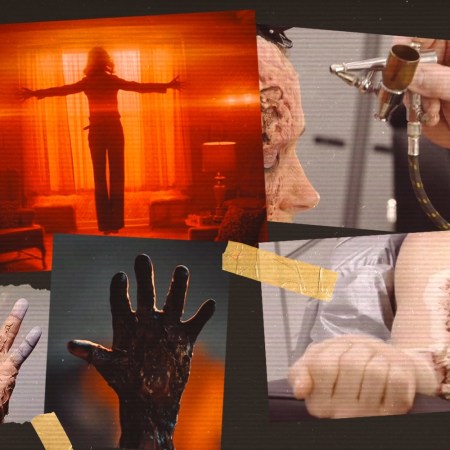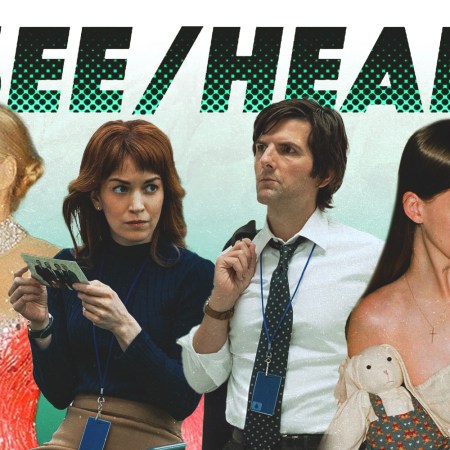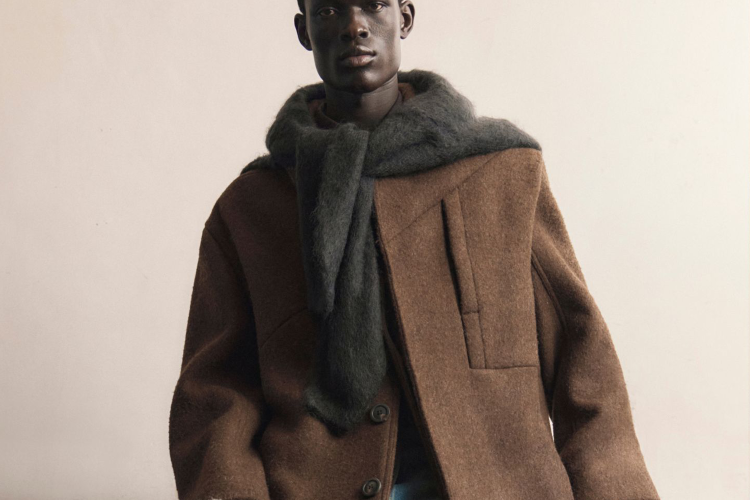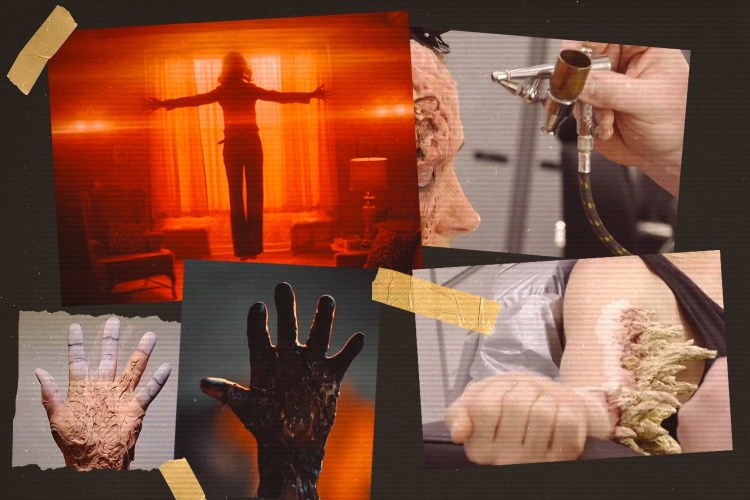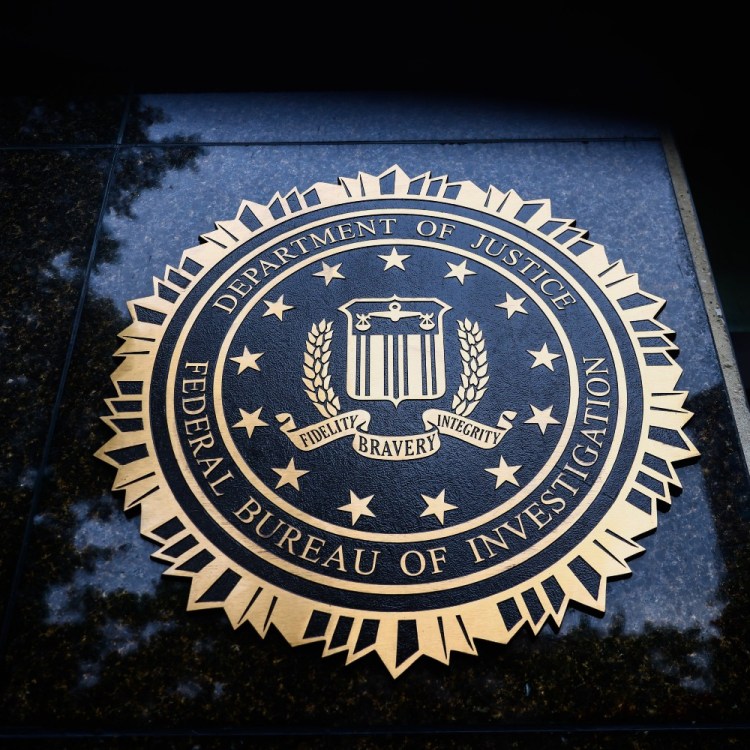“It didn’t come as a surprise,” Young Charlie writer/director Larry Brand said of Charles Manson’s recent death at 83. Indeed, he noted Manson had “become kind of an irrelevancy to his own life… his life or death was secondary to his legend at this point.”
Long before Mason’s passing, Brand and the team behind the Wondery podcast Young Charlie set out to explore the question: “How did a troubled kid from West Virginia become Charles Manson?” Months of research resulted in discoveries including a 1969 newspaper page that mentioned Sharon Tate, the LaBianca murders, and a “tiny little blurb about a bunch of hippies in the desert who were arrested for stealing cars,” without yet recognizing how the three connected.
Young Charlie pursues two separate narratives. Tracy Pattin (who assisted with the research) narrates the later half of the Manson legacy: Los Angeles struggling to make sense of bizarre murders in 1969. The actor Stephen Lang (Avatar and its four upcoming sequels) narrates the earlier years of Manson’s development from a young boy into the pimp/cult leader he would eventually become. Through Lang, we discover the boy was born Charles Milles Maddox in Cincinnati in 1934—the “Manson” comes from his stepfather.
These are some of Brand’s observations on Charles Manson, a man whose “broad outlines” are almost universally known. Yet decades after he entered the headlines, his legacy still packs some surprises:
There remain Manson misconceptions. “I think a lot of people were under the misapprehension that his mother was a prostitute,” Brand said. “She wasn’t. She was a teenage unwed mother, but she really did try to do her best.” Manson’s mother was once arrested for armed robbery, but it was hardly the work of a master criminal—the “weapon” was a ketchup bottle. (It was jammed into the victim’s back as if it were a gun.) Indeed…
Manson’s childhood wasn’t particularly monstrous. Manson’s youth was often difficult, but Brand felt that hardly made him unique, particularly for the times: “He was growing up in the 1930s in the middle of the Depression. His life was no more harsh than millions of other kids.” Which is not to deny…
It could be a strange upbringing. “On his first day at school he came home crying because he was teased, because he was the runty kid.” (Manson is generally reported to have stood 5’2” as an adult.) “His uncle’s response was to make him wear his cousin’s frock dress to school the next day: ‘If you’re going to be a sissy, you’re gonna dress like a girl.’” Quite simply, there was little reason to think Manson would ever be known for anything. Yet he was not without his talents, such as how…
He adapted to incarceration. Both before and after the Tate-LaBianca murders, Manson spent much of his life locked up, started with his 1947 arrest for stealing when he was just 12. “He learned the ways of the institution,” Brand noted. “He learned how to navigate through those systems.” The flip side of this was…
Manson never really adjusted to life on the outside. “Once he was in the real world, there was still this kind of convict in him,” Brand said. Notably, Manson’s decision to confront Beach Boy Mike Love while Love was showering may have made a certain sense in prison, but it was deeply strange in any other context.
It is intriguing to speculate how Manson’s life might have turned out if he’d been raised in a different environment: “A Charlie that goes to, let’s say, a military academy rather than reformatories, maybe he becomes a different Charlie. Is he dramatically different? Does he not have those sociopathic tendencies? I suspect not, but can he find a way to navigate through life and steer clear of those kind of crimes? I think that is possible.”
(In general, Brand feels that the destruction Manson caused and the fame he achieved was the result of a hellish perfect storm of timing and circumstances: “In any other time and place, he’s just a petty sociopath. He lives in obscurity.”)
Which is to make clear…
Charles Manson was never going to turn out particularly well. Brand noted that this is someone whose “big goal was to become a pimp.” Quite simply, “I don’t think there’s a counterfactual universe where Charlie is a humanitarian.”
Of course, Manson didn’t just set out to inflict harm—he convinced others to do so as well. This leads to a central fascination with Manson: What gave him that control over the “Family” he collected?
As Brand put it: “How he could have taken these kids and made monstrous killers out of them?”
Turns out he had a bit of training because…
Manson did some studying of Scientology. “He had flirted with Scientology,” Brand noted. “He incorporated some of the principles, the cosmic beliefs he could use to manipulate his followers.” And it wasn’t just L. Ron Hubbard providing inspiration…
Manson also had a Carnegie connection. “I didn’t realize he had taken courses based on Dale Carnegie’s book How to Win Friends and Influence People,” Brand said. “When you actually see the way Charlie would present himself to his followers, it’s eerie the way he incorporated these things.”
Indeed, Brand said Manson was capable of great focus: “When he wanted to learn something, he really did buckle down.” For all his erratic behavior, he could be very calculating. This is significant because….
In many ways, Manson was far from crazy. “He knew to cover his acts,” Brand said. “By any legal definition, he was certainly sane.”
Brand believes Young Charlie may make Charles Manson more “understandable,” but that should not be confused with transforming him into someone “less monstrous or grotesque.” Ultimately, Brand felt his time spent attempting to enter the mind of Manson may have helped him develop some “intimate knowledge,” but, as he was quick to add, “It didn’t generate any sympathy.”
This article was featured in the InsideHook newsletter. Sign up now.
